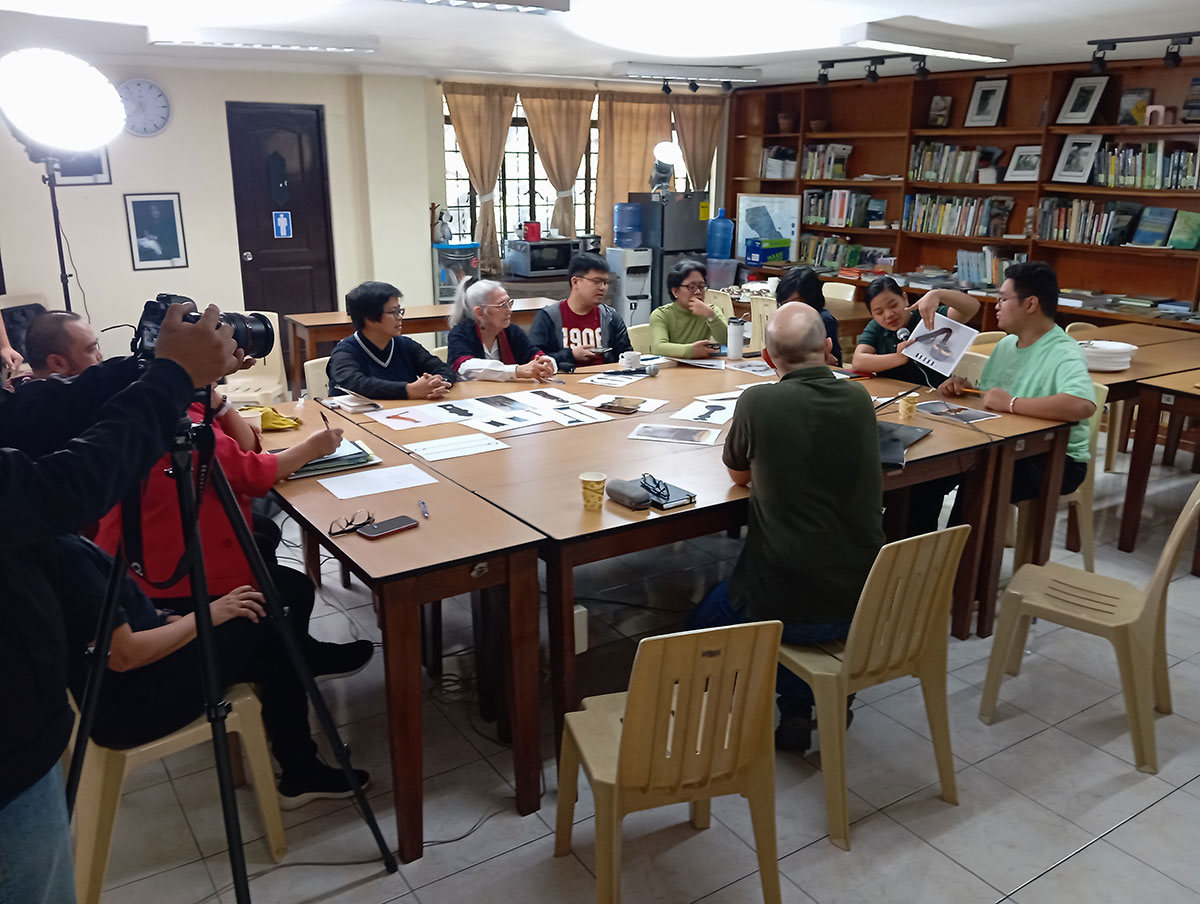Learning from other projects
The Philippines
Share
From the 21th to the 31th January 2024, the technical coordinator and the academic coordinator of the programme, José Alonso and Alberto López Bargados, made a work trip to the Philippines to deepen our understanding of the Philippine heritage present in Catalonia and to apply this knowledge to the programme’s research.
In a ten-day trip, we forged links with museums, local institutions and communities in the cities of Manila, Baguio, Sagada, Bontoc, Banaue, and Kiangan, which will serve to expand the programme’s provenance research. In Manila, we were accompanied by Regalado Trota José, an expert on Philippine art in Spain.
The trip began with a visit to the museum of the University of Santo Tomas, the oldest in the Philippines, where we met the director, Father Isidro Abaño, to present the programme. We also had the opportunity to present it to the cultural attaché of the Spanish embassy, Álvaro García.
During our stay in Manila, we met with Alejandro Ortigas, a descendant of Crisanto Pineda, who gave the Murillo Velarde map to the Victor Balaguer Library Museum. In addition, we reviewed and documented the ethnographic collections of the National Museum of Anthropology. We also held meetings with relevant figures such as Victorino ‘Ino’ Mapa Manalo, president of the Board of the National Commission for Culture and the Arts, and Jeremy Barnes, director of the National Museums.
Another important meeting took place in Baguio, with Tala Salas-Ramos, director of the Cordillera Studies Center at the University of the Philippines Baguio, where an Intercultural Dialogue Table was organized with the participation of faculty and students.
On the other hand, we also visited several local museums, such as the Kordilyera Museum, the Baguio Museum, the Bontoc Museum, the Banaue Museum, and the BenCap Museum. These museums are essential for the understanding of the cultural diversity of the Cordillera region, in the north of the island of Luzon. This region, where different ethnolinguistic groups coexist, is the source of many of the Philippine artefacts in the collections studied by the programme.
+info:
University of Santo Tomas, the Philippines
National Museum of Anthropology of the Philippines
Centre for Cordillera Studies – University of the Philippines Baguio
Kordilyera Museum, University of the Philippines Baguio

